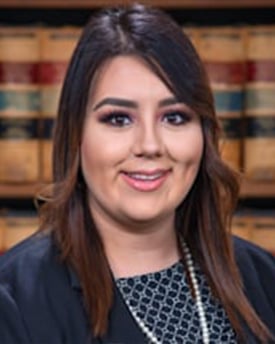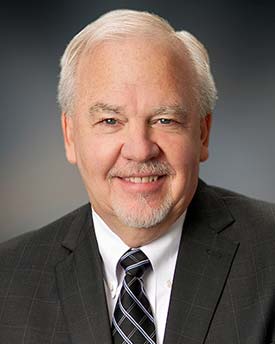Highly Effective Counsel
READY TO MEET YOUR NEEDS
Our attorneys bring a wealth of experience in a wide range of practice areas. Trust us to help you.
Highly Effective Counsel
Ready To Meet Your Needs
Our Practice Areas
Serving people in South King County and the surrounding areas.
Experience Matters
When you are facing a legal matter, you deserve to have confidence that the people who are helping you will be able to deliver the results you need. Like with many problems where we turn to professionals for assistance, experience matters. At , we have the individual and collective legal experience necessary to create a highly effective strategy that can help you overcome the challenges you are currently facing. Our attorneys have decades of experience in a wide range of areas of the law. Let us put that experience to work for you.


Here For All Your Needs
At Hans Irvine Prothero, PLLC, we excel in a wide range of areas of the law. We understand the diverse needs of the people and businesses that comprise our community and we strive to be able to meet all of those needs. We have spent decades helping clients through the most complex situations and we use that experience to secure the best possible outcomes for all of our clients.
Meet The Attorneys

Gregory F. Cromwell


Michael M. Hanis

Patrick M. Hanis

Cynthia A. Irvine

Erik R. Olsen

Dennis J. Shanlian
Committed To Service
As a leading firm within the Kent legal community, we recognize the opportunity we have to provide our friends and neighbors with exceptional legal counsel and advocacy while remaining committed to delivering a level of personal service that helps people find comfort as they confront what may be one of the most stressful events they have ever been through. We understand how difficult facing legal matter can be and we aim to deliver results while minimizing as much as we can the stress of the situation.
Do not hesitate to contact us.
To schedule a consultation
call 877-391-5319 or contact us online.
